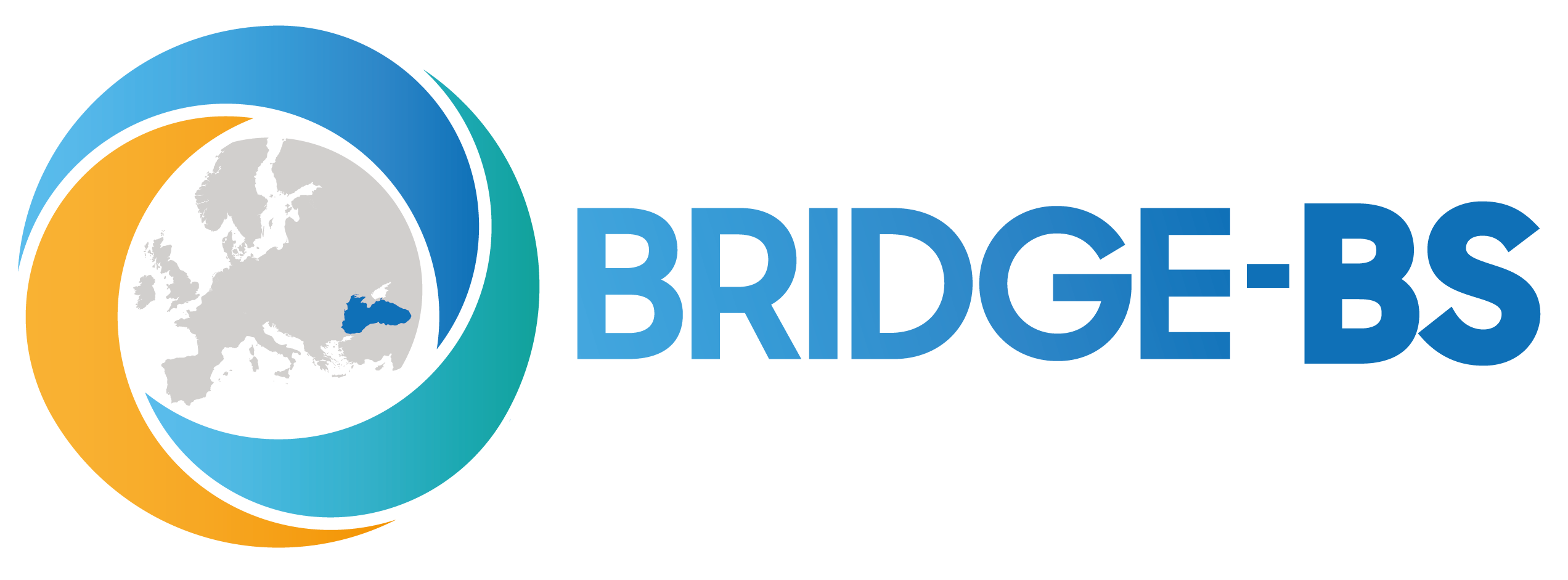BRIDGE-BS
METU-IMS and Partners
BRIDGE-BS aims to advance the Black Sea marine research and innovation to co-develop Blue Growth pathways under multi-stressors for the sustainable utilization of the ecosystem services. To do so it will develop an ecosystem-based management framework to enable policy uptake and foster citizen engagement. BRIDGE-BS will support the development of an informed, well connected, educated, and empowered Black Sea community, including scientists, institutions, policymakers, and the society at large. It will create a flow of knowledge between scientists, policymakers, and entrepreneurs, working side-by-side from the beginning of the project. This approach will develop trust and complementarity, one of the main goals of BRIDGE-BS, which is necessary to prepare for future marine environmental challenges and ensure blue economy potential in the best possible way.
Bulgaria, Georgia, Romania, Türkiye, Ukraine, Moldova
Other countries involved:
Denmark, Sweden, Ireland, Belgium, France, Spain, Greece, Italy
Denmark, Sweden, Ireland, Belgium, France, Spain, Greece, Italy






